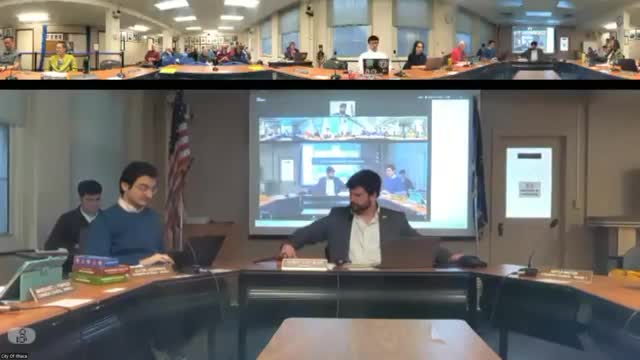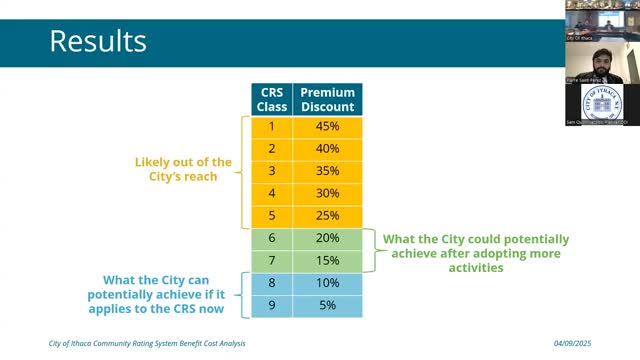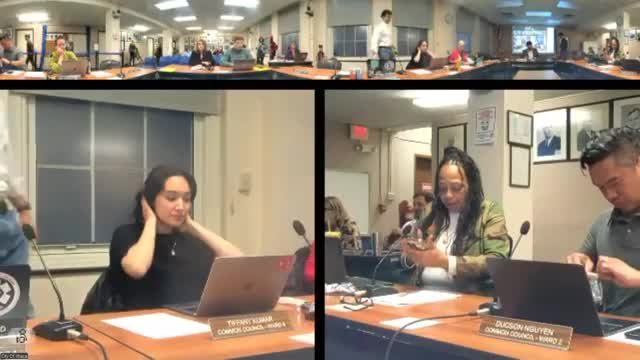Article not found
This article is no longer available. But don't worry—we've gathered other articles that discuss the same topic.

Ithaca council hears hours of public testimony on ADU ordinance; moves measure to full council for May vote

City staff propose temporary Southwest parcel campground, navigation hub partnerships and phased 'pilot' improvements

